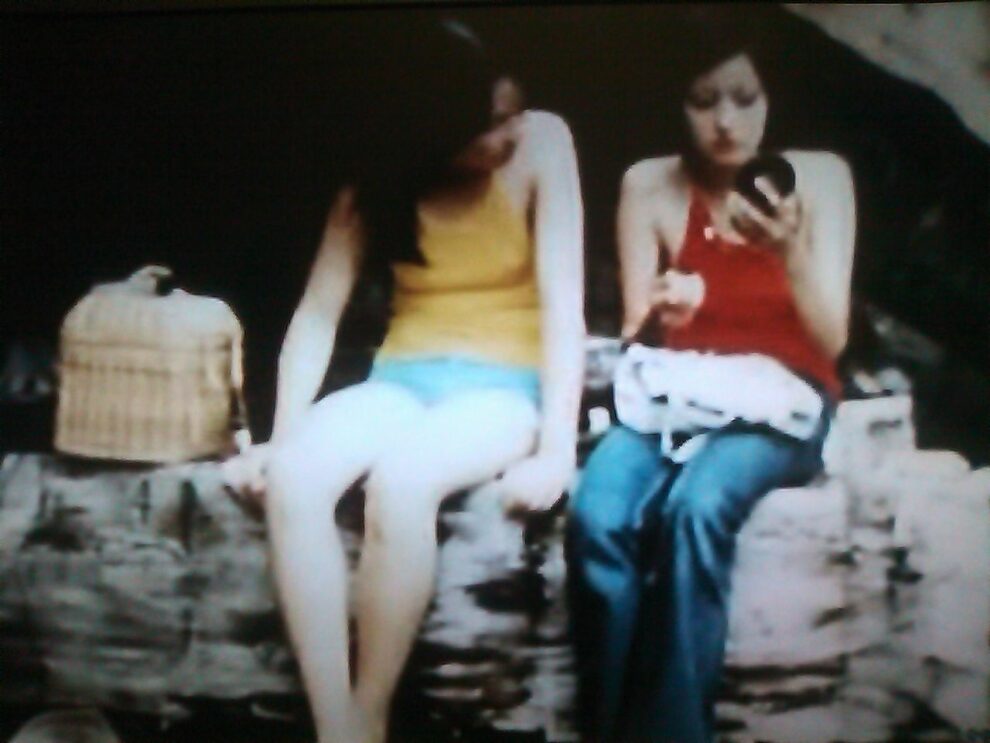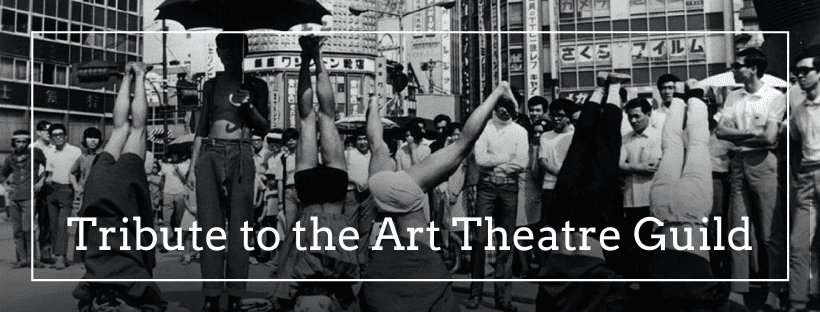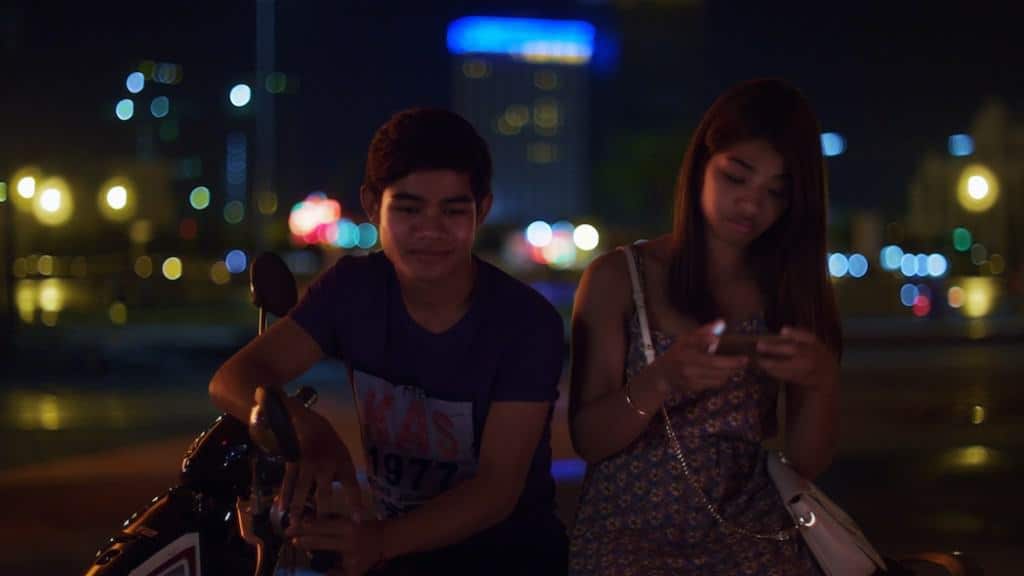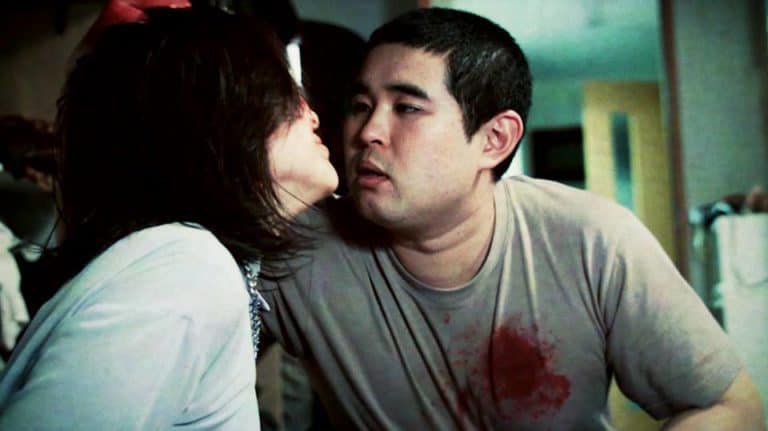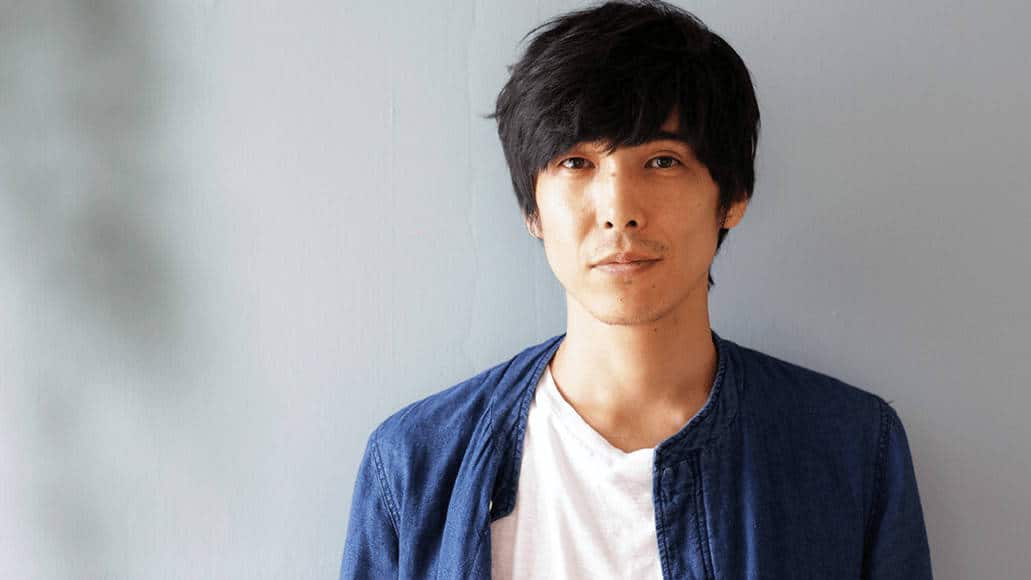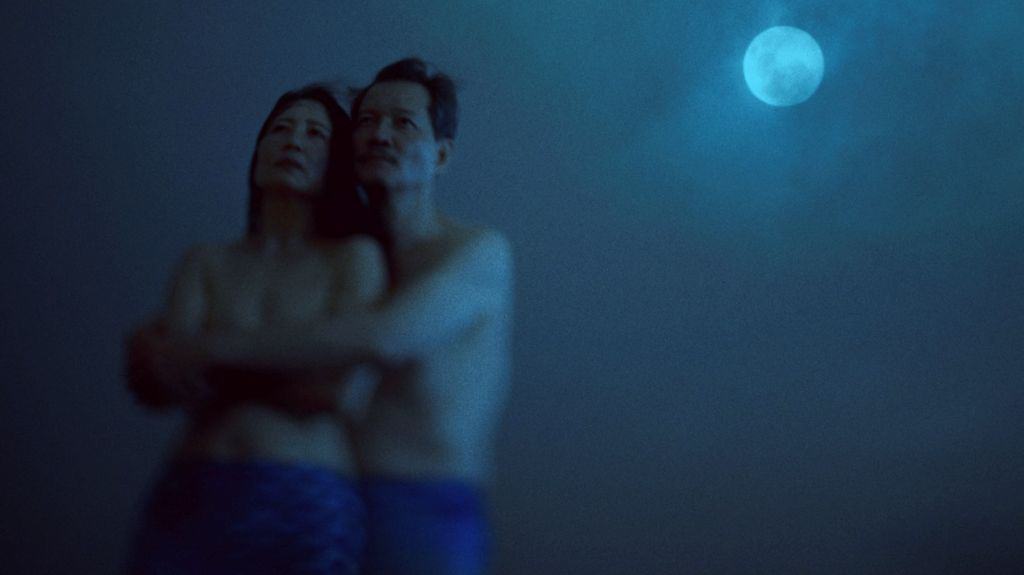Susumu Hani's always experimented in his films, frequently muddying the borders between his fiction and his documentary works, with his movies including terms such as film-about-film, mockumentary, meta, and found footage long before they became widely known. “The Morning Schedule” highlights his style quite eloquently, with the freedom he enjoined from ATG resulting in a film where he has truly left himself loose.
After Kusako commits suicide, two of her closest friends, Tsuji and Reiko, one man and one woman, try to understand the reasons behind her actions, by visiting her Super-8 films and clips from the summer trips they took together.
Describing “The Morning Schedule” is quite a difficult endeavor, considering how unusual and complicated the narrative is. The film-about-film concept is probably the most prevalent, with the two watching a number of Kusako's movies, and reminiscing about their youth together, as much as learning a bit more about her inner thoughts. Each of the three major actors was allowed to shoot part of the movie, which is shot partially on 35mm black-and-white and partially at color 8mm, adding the aforementioned found footage aspect, while intensifying the meta component here. The films Kusako has shot also differ significantly, with some of them focusing on a brief relationship she had with a man, other focusing on Tsuji and Reiko, and others simply on herself. Lastly, another arc deals with the teacher of three, and how he also tries to make sense of the suicide while trying to communicate a rationalization to his students in the classroom, most of which, however, do not seem to care particularly, in an aspect that can be perceived as a comment regarding the mentality of both students and teachers.
Another comment, and essentially another part of the narrative as the two become entangled repeatedly throughout the movie, is the concept of filmmaking as an art, and how it can help people who have trouble communicating, to express themselves. The rather laconic approach of the acting, as much as the various aspects of Kusako's thoughts and overall mentality the other two discover through her movies, moves quite clearly towards this direction, evidently both within the story and outside of it.
Morning Schedule (1972) [Trailer] from Art Theatre Guild on Vimeo.
Furthermore, Hani seems to comment on cinema as a medium of memory that actually moves beyond the usual definition of the term, as the two, again, seem to create memories from the deceased's film simply by watching her videos and the way she shot the two of them, and not from actually experiencing these moments. Lastly, a comment regarding the pressure youths of the time felt due to the expectations of their families, the school and society in general, is also highlighted throughout the movie.
The sequential approach to the different footage included here (home videos, recording, the classroom, the story of Tsutomu and Yamanaka after the suicide, Kusako's family story, and the interpersonal relationships of the three) create a rather chaotic amalgam, as the films moves both among those elements and back and forth in time. This sense of disorientation is heightened by the frequently shaky shots, which point towards a guerilla style of documentary, but the main medium is definitely Hani's own editing, with the many abrupt cuts definitely moving towards that direction. Lastly, it is worth mentioning the folk/rock soundtrack, which appears in key moments and is actually one worthy even as a separate entity. Here is a sample
Partly experimental cinema, partly a short of (self) psychoanalysis, “The Morning Schedule” is evidently not an easy film to watch. As an exercise in commenting through unique cinematic approaches, however, it definitely succeeds, highlighting once more, Hani's creativity.


